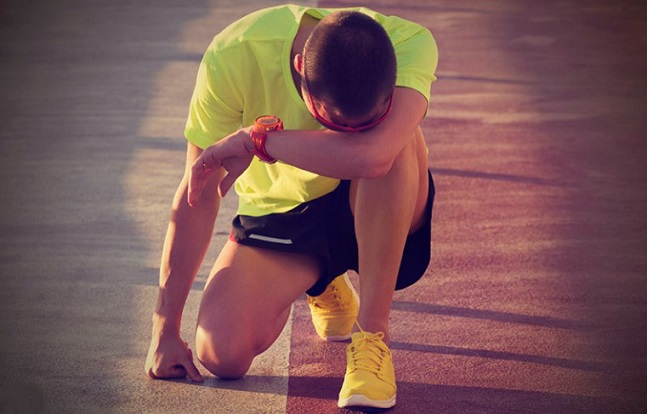Nikhil Prasad Fact checked by:Thailand Medical News Team Sep 12, 2025 5 months, 1 week, 5 days, 23 hours, 28 minutes ago
Medical News: How the virus impacts athletic lungs
Researchers from the Ministry of Youth and Sports Türkiye, Başkent University, Trabzon University, Gazi University, Bingol University, Munzur University, Istanbul Medeniyet University, and Széchenyi István University in Hungary have released new findings on how COVID-19 affects the breathing system of top-level athletes.
 COVID-19 Alters Breathing Function in Elite Athletes
COVID-19 Alters Breathing Function in Elite Athletes
Their work shows that even after recovery, the virus changes how different parts of the lungs and breathing muscles work together, which may affect sports performance. This
Medical News report explains why these changes matter for athletes and how they could influence long-term health.
The study design
The study involved 68 athletes, including 34 who had previously tested positive for COVID-19 and 34 who had never been infected. These athletes came from sports requiring precision and steady breathing such as shooting, archery, and bocce. Using digital spirometry tests, the researchers measured key lung function markers including Forced Vital Capacity (FVC), Forced Expiratory Volume in one second (FEV1), Peak Expiratory Flow (PEF), Maximum Voluntary Ventilation (MVV), and breathing muscle strength indicators like Maximum Inspiratory and Expiratory Pressure (MIP and MEP).
What the findings reveal
The results showed that athletes who had COVID-19 had weaker or disrupted connections between several important lung function measures. For example, the link between how much air the lungs could hold (FVC) and how fast air could be pushed out (PEF) was negative in the COVID-19 group but strongly positive in the control group. Similarly, the coordination between FVC and MVV and between FEV1 and PEF was significantly weaker in athletes with past infection. These weakened connections suggest that COVID-19 may damage how the lungs and respiratory muscles work in harmony, even if total lung size remains the same.
Why this matters for athletes
Even small disruptions in lung and breathing muscle coordination can make a big difference for athletes who depend on precise control of breathing for stability, focus, and endurance. The study warns that lingering effects could reduce efficiency, cause quicker fatigue, and increase risks of hidden respiratory issues during training or competition. The researchers stress that detailed respiratory assessments should be part of return-to-play programs for athletes after COVID-19 infection, and that rehabilitation strategies should be personalized.
Broader implications
This study highlights that COVID-19’s impact goes beyond general symptoms like cough or fatigue and can leave subtle but lasting changes in the body. For athletes, these hidden disruptions may limit performance, while for the wider population they raise concerns about long-term respiratory health. More large-scale and long-term studies will be needed to fully understand the risks and guide effective rehabilitation methods.
>
The study findings were published in the peer reviewed journal: Medicina
https://www.mdpi.com/1648-9144/61/9/1652
For the latest COVID-19 News, keep on logging to Thailand
Medical News.
Read Also:
https://www.thailandmedical.news/news/complement-proteins-linked-to-fatigue-and-breathing-issues-in-long-covid
https://www.thailandmedical.news/news/ongoing-breathing-issues-in-long-covid-might-be-tied-to-iga-autoimmunity-and-hidden-clotting-dysfunction
https://www.thailandmedical.news/news/long-covid-and-exercise-intolerance-unveiled-by-yale-researchers
